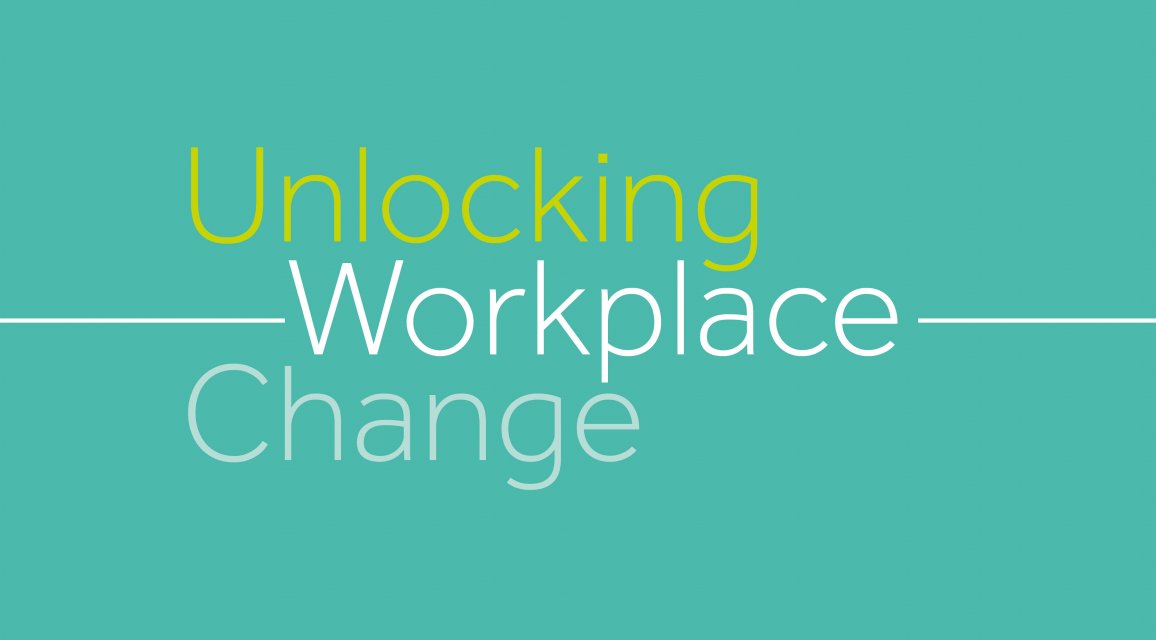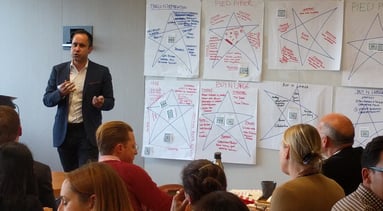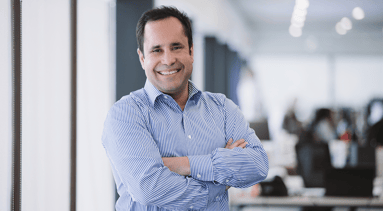
In early March, the Unispace team held an event series in Dublin and London around unlocking workplace change. The events brought together the talking points of workplace strategy, geopolitics, socio-economic theories and positioning a workplace for the future through best practice and change.
The Dublin seminar brought together Albert De Plazaola, our Global Principal for Strategy, but also, rather remarkably, former Irish Prime Minster, John Bruton.
Occupier demands have changed more in the past five years than in the previous fifty and workplace design is at the heart of these new requirements. Ensuring a business’ culture fits their workplace strategy is of critical importance.
Workplace designers now face the challenge of very different workforce demands and a radical shift in perception of what constitutes office space. Enabled by technology, the contingent workforce increases year on year in every major economy, with freelancers, part-timers and consultants now a key element of the labour market.
Mr Bruton supported the discussion with this poignant quote:
"Machines will provide the answers: it's people that will design the questions."
Technology, mobility and the speed by which we consume communication has created new geopolitical environments that we have never seen – environments that can be frightening for both the privileged and disenfranchised.
When faced with uncertainty, people long for past systems of power, for past hierarchies of order which, paradoxically, did not always protect their best interest. But these systems were safe, they were rooted in cultural and historical narratives, and when understood with a sense of nostalgia, provided stability and predictability.
Fast changing environments can cause people to feel anxious and fearful, which can lead to resistance. This is where a positive workspace comes in.
At its core, design brings workers together to generate ideas and create better business outcomes. More than ever, therefore, the role of the designer is to create environments that engage and inspire, to match more fluid client requirements. But we also need to recognise the pace of change, the role technology will play within all this and how people will react to these changes.
“When you take people from a traditional working environment, and put them into a new working environment, and simply expect them to work differently, what ends up happening is they bring those legacy work practices into the new workplace and end up saying: ‘this is not going to work for me at all’.
Albert De Plazaola explained, “the biggest inefficiencies we see in workplace are around noise, quiet areas and privacy issues. This is always the challenge with activity based working. The distractions come in when people start talking to them and it pulls them away from their work. We need those collaborative spaces but are we really providing those kind of introspective focus work spaces that people are requiring and asking for?”
Of the invitees to both our Dublin and our London events, there were similar discussion points: the need to unlock the potential of real estate and address change.
Steve Hicks, Mastercard Leader Global Real Estate, said at the London event: “We have all got similar problems when it comes to space. No one is looking to take on more real estate, they are looking at existing space and trying to make it work as well as it can.”
In Dublin, John Bruton set the context for change in a society that is moving fast and how that change affects people’s behaviour. There were clear parallels between wider societal issues and how change must be integrated into the workplace. We must recognise that this type of change must be thought through and planned for; and to accept that it can be tough for people initially. We have no doubt our sector is undergoing radical evolution.
At Unispace, we recognise that we have to adapt this approach to address divergent occupier needs. It is our role to work together with clients, to translate strategy and business goals into places that empower staff, to do their best, most creative work.

.png?width=383&height=348&name=Albert%20de%20Plazaola%20website%20news%20profile_0%20(1).png)
